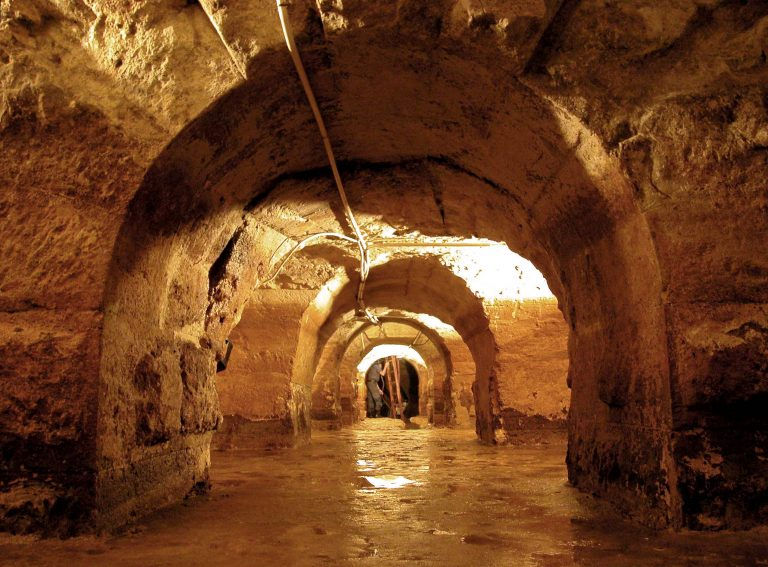21 Facts About Portugal
- Catarina

- Sep 8, 2024
- 2 min read

Portugal is the oldest nation-state in Europe, with borders that have remained largely unchanged since 1249.
The Portuguese explorer Ferdinand Magellan led the first expedition to circumnavigate the globe in 1519-1522.
Portugal has the highest bridge in Europe, the Vasco da Gama Bridge, which spans 17.2 kilometers (10.7 miles).
Portugal has the world's longest-running soap opera, "Primeiro Amor," which has been on the air since 1996.
The University of Coimbra, founded in 1290, is one of the oldest universities in Europe.
Portugal has the world's longest beach, Praia Trindade, which stretches for 18.6 kilometers (11.6 miles).
The Portuguese explorer Vasco da Gama discovered the sea route to India in 1498, paving the way for the Spice Trade.
Portugal has the world's largest collection of hand-painted tiles, found in buildings across the country.
The world's first commercial maritime route was established between Portugal and Flanders in 1499.
Portugal has the highest concentration of bookstores per capita in Europe.
The Portuguese dish "Cozido à Portuguesa" consists of over 20 different types of meats and vegetables.
Portugal has the world's largest artificial underground cave system, located in the town of Pampilhosa da Serra.
The Portuguese navigator Ferdinand Magellan was the first person to navigate the strait that bears his name, the Strait of Magellan.
Portugal has the world's largest cork production, providing over half of the world's cork supply.
The Portuguese explorer Bartolomeu Dias was the first European to sail around the southern tip of Africa in 1488.
Portugal has the world's highest concentration of profoundly religious people, with over 80% identifying as Catholic.
The Portuguese explorer Pedro Álvares Cabral discovered Brazil in 1500, claiming it for Portugal.
Portugal has the world's oldest continuously operating bookstore, Bertrand Bookstore, which opened in 1732.
The Portuguese city of Évora has the world's most intact Roman Temple outside of Italy, the Temple of Diana.
Portugal has the world's largest concentration of marble quarries, located in the Alentejo region.
The Portuguese navigator Diogo Cão was the first European to discover the Congo River in 1482.
Source: Author unknown









Comments